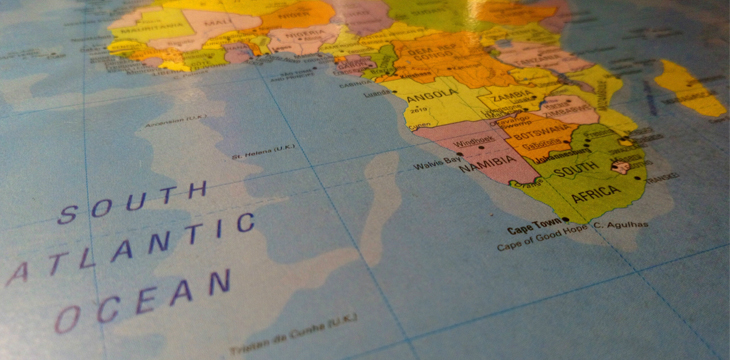|
Getting your Trinity Audio player ready...
|
In a continent that has one billion people, Africa has over 54 sovereign currencies. Some of these, such as the Seychellois rupee and the Gambian Dalasi are used by less than 100,000 people. The existence of the many currencies has been one of, if not the biggest, hindrance to free trade in the continent.
Then came cryptocurrencies and it looked like the people of Africa were about to solve the multi-currency challenge. With crypto, Africans could convert their fiat to digital currencies which they could then use to transact amongst themselves, whether in the local setup or for international trade.
However, even with cryptos, the same challenge has popped up again. A countless number of crypto startups have sprung up in the continent, with each promising to have better features than the rest. While this is evidence of the growing crypto momentum in the continent, it’s slowly taking the people back to the same conundrum they were in with fiat; small groups of people who all use different currencies.
Just recently, SAFCOIN, a South African cryptocurrency, launched. The crypto hails itself as a crypto by Africans, for Africa. This isn’t the first crypto startup to launch a digital currency that seeks to dominate the continent. Afri Union Coin, yet another South African crypto, launched towards the end of 2018. Kenya had NuruCoin, although it met an untimely end, scamming unsuspecting investors.
All these cryptos promised advanced features that they claimed set them apart. Some of these include fast transaction times and low transaction fees. However, these solutions already exist in the market.
Bitcoin SV offers extremely low transaction fees and settles transactions in seconds, faster than the new cryptocurrencies ever will. Most of the new pan-African cryptos also lack the ability to scale to meet the needs of their users, unlike BSV.
Granted, the crypto environment in Africa is far from ideal. However, the emergence of hundreds of cryptos isn’t the solution. It’s the crypto infrastructure that needs to be developed. The use of cryptos needs to be made simple, enabling even those living in rural areas to access and transact in cryptos.
One company that has been working on that mission is Centbee, a South African-based crypto wallet. Realizing the widespread popularity of the voucher system in the country, Centbee developed a system in which its users can purchase cryptos from all the leading retailers in the country, even in the rural areas. Many South Africans have praised this system as it has brought crypto closer to them.
https://www.youtube.com/watch?v=gBb9FSxfyVs

 02-19-2026
02-19-2026 




